Bangladesh attained liberation from Pakistan in 1971 after a violent struggle. Separation of East Bengal from India in 1947 to merge it into Pakistan was the midway point of the historical process set in motion at Lahore in 1940 that culminated in the formation of the new state. The people of East Pakistan did not take long to realise that despite a numerical superiority in a united Pakistan, they were condemned to an acquiescent and subservient role. Jinnah chiding them for their temerity to ask for equal status for Bengali language with Urdu shook them. East Pakistan did win the first showdown on the language issue but after paying a heavy price. It convinced the people of East Pakistan that they would have to go through many more such rounds, before gaining even a semblance of power from the other wing. The aftermath of the historic elections of 1971 proved the proverbial straw that broke the camel’s back. Bangladesh emerged from the ashes of East Pakistan. The documents have been arranged thematically and chronologically in seven sections so that each aspect of the problem is put across in bold relief to tell a coherent story. Liberation, however created the problem of identity, the need to distinguish East Bengali culture from the hegemonic Bengali culture of which it was a part till 1947. Being part of Pakistan for quarter of a century left its mark on the psyche of the new nation. Bangladesh struggle was not anti-Islamic. To ensure insulation of Bangladeshi culture from the mainstream Bengali culture, it became necessary not only to retain the strong Islamic bias gathered from the Pakistan days, but also to give it a sharper edge. Bangladesh thus remained steeped in the legacy of her existence as part of Pakistan for 25 years. The emergence of adversarial relationship with India was a natural and inevitable corollary of the tendency to stay a prisoner of the past. Henceforth this consciousness came to haunt the relations between the two countries placed by history and geography cheek by jowl.

India-Bangladesh Relations: Documents 1971-2002 (In 5 Volumes)
In stock
Free & Quick Delivery Worldwide
reviews
Bibliographic information
Title
India-Bangladesh Relations: Documents 1971-2002 (In 5 Volumes)
Author
Edition
1st ed
Publisher
ISBN
819016290X
Length
ccxxii+604+viii p., xxxiv+605-1264p., xxvi+1265-1886p., xxiv+1887-2382p., xxiv+2383-2869p., 25cm.
Subjects

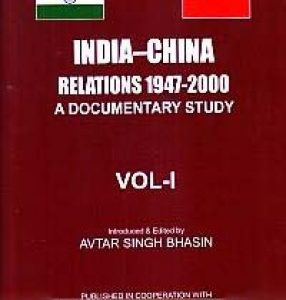
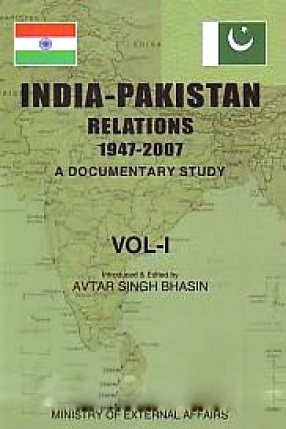
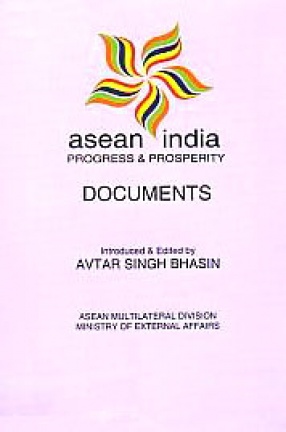
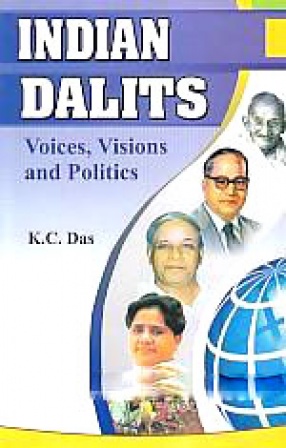
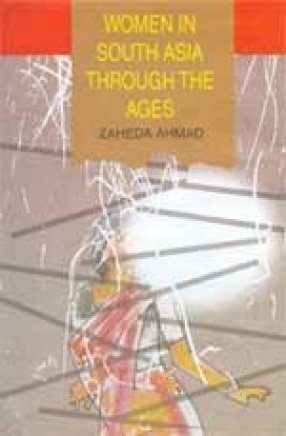
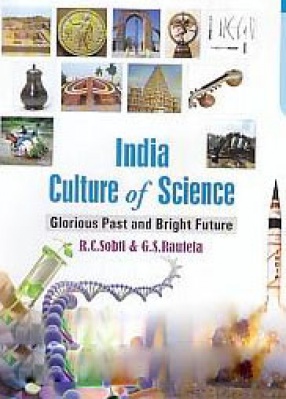
There are no reviews yet.